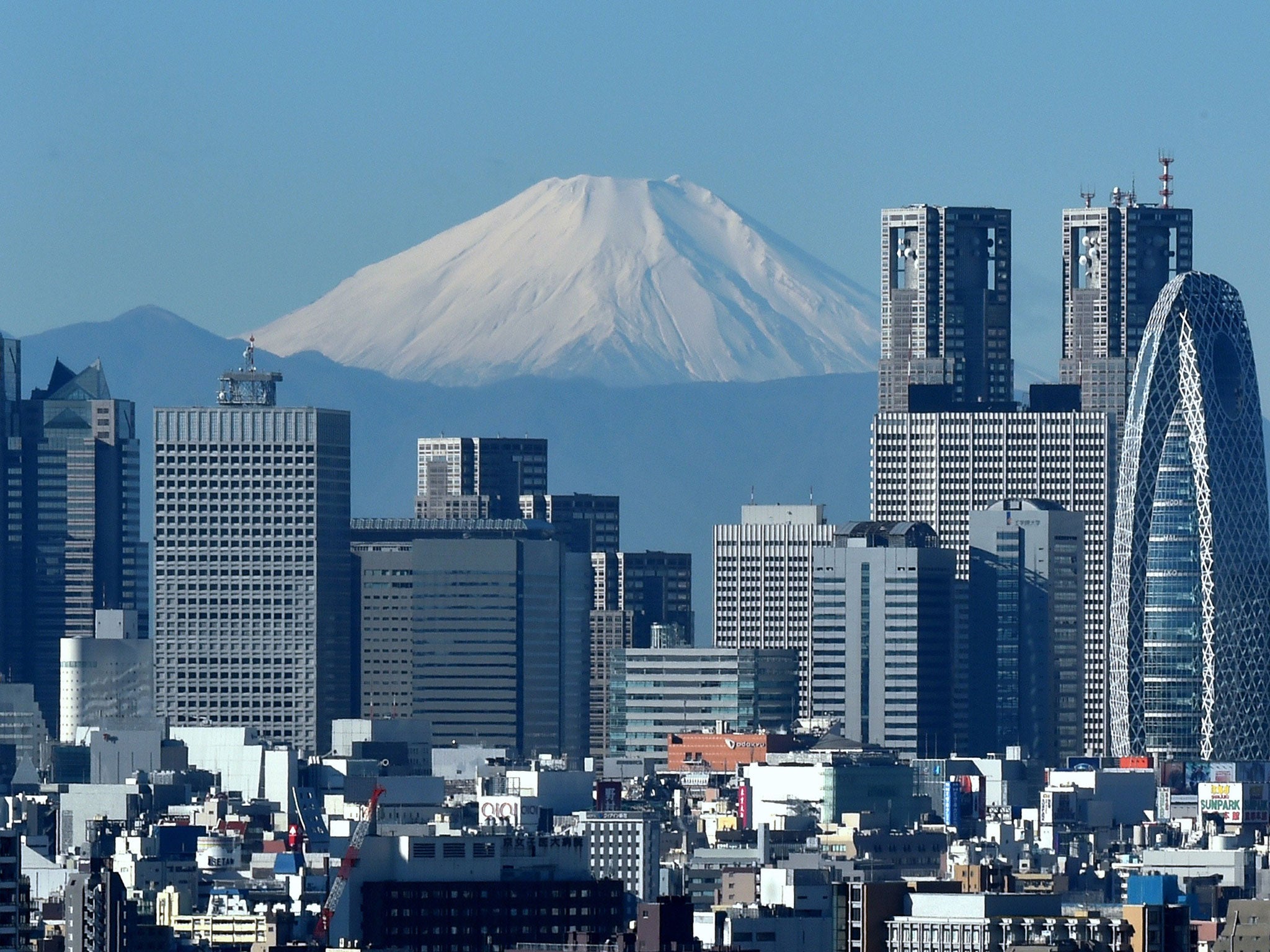Japan accepts it needs immigrants for its economy to survive – so why is it still so resistant to change?
Throughout Japanese history, the nation has maintained a sense of its exceptionalism. Even modest low-skilled immigration, it worries, may unbalance the unspoken rules and the extreme order of society


The Japanese Diet, the nation’s parliament, is currently debating whether the country’s tight immigration laws should be modified to allow more lower-skilled workers to come into the country. The legislation that provides for this passed the lower house on Tuesday and will now go to the upper house. The government is hoping to get it through by 10 December.
This is important because up to now, while high-skilled workers have been able to immigrate into Japan, low-skilled ones have found it much harder to do so. It is generally accepted that the country does need more immigrants to cope with the economic impact of its ageing population, however there is social pressure to resist this – part of a wider theme in Japan of reverence for its specialness, an isolationism that has deep historical roots.
What should we make of this? Some numbers, some history and some thoughts for the future.
The numbers: Japan is already the oldest society on Earth, the oldest that has ever existed, with more than one-third of its population over the age of 60, and a median age of 46. It will inevitably become older still. Its population is falling, with the current 126 million projected to have declined to 87 million by 2060. (UK population is projected to rise to 77 million by then.) While you have to take long-term population projections with a pinch of salt – I do not believe the calculation that by 2500 the Japanese population will be zero – the present decline is already evident away from the big city centres. There are villages where there are no children; they are, in effect, being abandoned.
Might immigration change this? Only up to a point. There are already more than 2 million immigrants in the country, and the number expected under these new measures is only 345,000 over five years for the lower-skilled category. They will not be able to bring in family members, and many of these new visas may actually be taken up by workers already in the country, at present categorised as technical interns. There is another form of visa, a renewable one, for higher-skilled workers, but again it is not clear how many more people will come as a result of the changes.
In short, the new legislation – assuming it is passed – will not really shift the big numbers. Japan will continue to age and its population will continue to decline.
If that is so, then why is this such a controversial issue? I think the answer lies in Japanese history.
Most people are aware of the way it was a closed society until Commodore Matthew Perry’s gunboats in 1854 opened the country to trade with the west. The bumpy history since then, concluding in the catastrophe of the Second World War, has pushed any overseas ambitions towards commercial expansion rather than military adventures. But throughout Japanese history there has been a sense of exceptionalism: that Japanese people, and their society, are different from the rest of the world.
Not only different, but better. Asked why Japanese people did not want to live abroad, I heard this response: “Other countries are rather dirty, they are not very safe, and the food is not nice.”
With the partial exception of the last, this is right. As anyone who has visited the country will have noticed, Japan is exceptionally clean and exceptionally safe. In fact there is so little crime that the police do not have enough to do.
So while Japan has established a great overseas commercial empire, it has to an extent lost interest in the rest of the world. Fewer Japanese study abroad, fewer learn foreign languages, fewer are posted abroad for work.
As for foreigners in Japan, if they bring skills they are most welcome. I have two friends, one British, the other Canadian, who have been extremely successful in business there. But both have worked very hard to speak decent Japanese and to fit in with the culture. When an immigrant fails to fit in – and the obvious current example is Carlos Ghosn, former head of Nissan and engineer of the Nissan/Renault partnership – then Japanese society rebels.
“The nail that sticks up must be hammered down,” as the Japanese aphorism maintains.
The worry, inevitably, is that even modest low-skilled immigration may unbalance the unspoken rules and the extreme order of Japanese society.
So what I think will happen is this. There will be some modest increase in inward immigration and that will be helpful in economic terms. But it will be skewed towards the higher-skilled end, with such requirements as learning Japanese keeping out all but the most determined. At the bottom end the visas will have a clear expiry date, and there will be no question of permanent residence or bringing in families.
This will not change Japan. The country has deemed it more important to preserve its culture and identity than to ease economic strains, and it will continue to do so.

Join our commenting forum
Join thought-provoking conversations, follow other Independent readers and see their replies